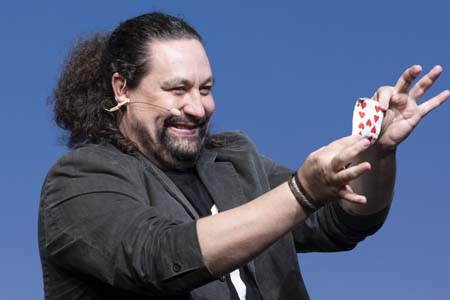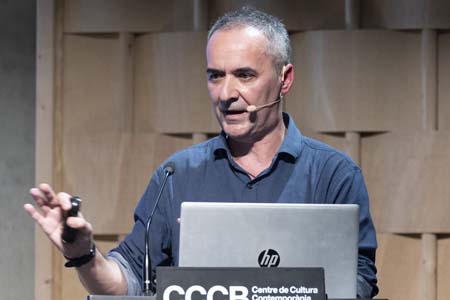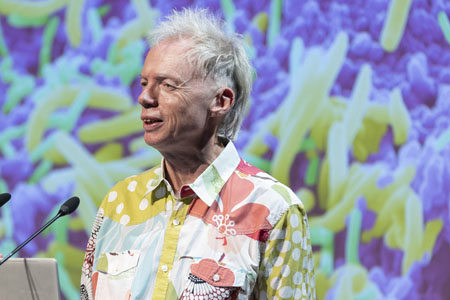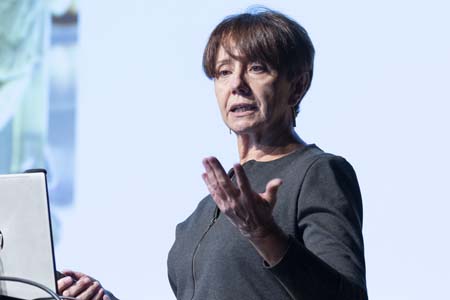Great questions about the brain and mind
Jordi Camí, Luis Martínez Otero and Miguel Ángel Gea
How do we perceive reality?
The human being is a predictive machine dedicated to minimizing discrepancies between what we expect and what actually happens. For this very reason, surprise is the common way the organism reacts when a prediction error is produced. Combining magic with scientific dissemination and philosophical ...
Luis Martínez Otero
How do we make moral decisions?
The most recent results show that both visual and moral decisions use the same neural mechanisms: we always see and decide depending on the context. What does this new evidence tell us about the functioning and evolution of the brain? The neuroscientist Luis Martínez Otero talks about ...
Andy Clark
Great questions about the brain and mind
Andy Clark, a leading voice in cognitive philosophy, talks about the limits of the brain and the extended mind thesis: an organ of thought and reason whose boundaries go beyond the skin and skull.
Helena Matute
The biases of artificial intelligence
Researcher Helena Matute talks about the cognitive biases of artificial intelligence, one key aspects of neuroscience today. How do artificial intelligence and natural intelligence differ, and what relationship can we expect to see between them in the coming decades?
Núria Sebastián
Does language make us human?
In this session, Núria Sebastián talks about how language acquisition distinguishes us from other species, a trait that children establish from their first year of life. Is language what makes us human? How does this process develop in the brain?




